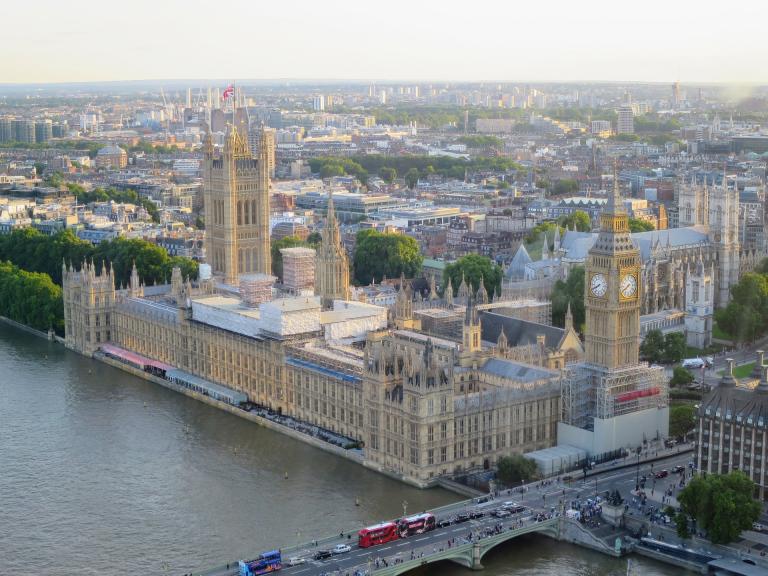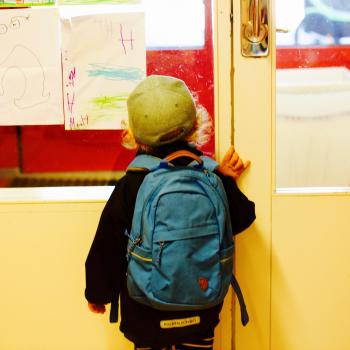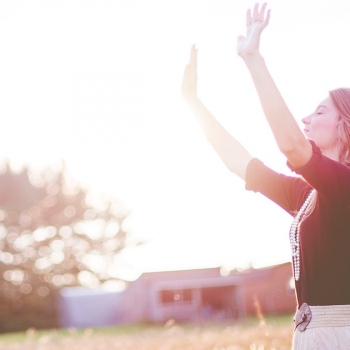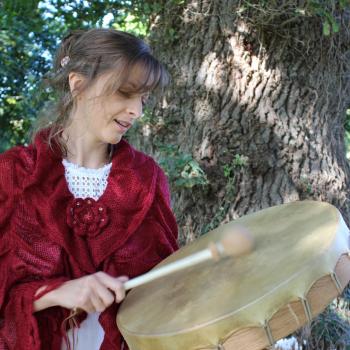The US constitution provides a wall between state and church, but in the UK no such wall exists. Prayers are a daily part of many state establishments, including the Houses of Parliament. But a group of MPs are trying to change this, and UK-based readers can help.
Like many others who follow a spiritual path, I pray as part of my daily practice. My prayer times are important to me. They are my personal communion with the divine.
Because prayers are so personal, I acknowledge there’s a time and a place for them. And I don’t think our political institutions are those places.
The US courts agree. In 2017, an appeals court found the way the Rowan County Commission prayed before public meetings unconstitutional. This was described as an “important victory for the rights of all people to be free from religious coercion by government officials” by Chris Brook of American Civil Liberties Union of North Carolina. He added: “People who attend public meetings should not have to fear that government officials may force them to participate in a prayer—or discriminate against them if they don’t.”
But across the pond in the UK, things are quite different. While the US enjoys constitutional separation of church and state, giving considerable protection to secular democracy, the UK has an established church. The Church of England enjoys a level of privilege afforded to no other religion or belief group. Its head, the Queen, is also the head of state. It has 26 spaces reserved especially for its bishops in the House of Lords, the upper house of parliament.
And it gets to have its own prayers in parliament.
Sittings in both houses of parliament (the House of Commons and the House of Lords) begin with prayers. In the House of Commons they are read by the Speaker’s Chaplain, and in the Lords the job goes to one of the 26 bishops. They are a strictly secretive affair. The doors to the House are locked before they can begin. They aren’t even filmed; although the UK has its own TV channel dedicated to what’s going on in parliament (BBC Parliament), the prayers are never broadcast. This means few members of the public have ever seen the prayers.
Perhaps this is to avoid the public making fun of our politicians, because to many the prayers would look rather bizarre. The members of the House turn and face the wall while the prayers are intoned. According to some of those who have witnessed the prayers, the whole scene, with a chaplain or bishop reading prayers in the ancient chambers while the members stand facing the wall, seems incongruous to the business of parliament. It looks like something that belongs in a place of worship.
That’s precisely because it does belong in a place of worship, not in a place of politics.
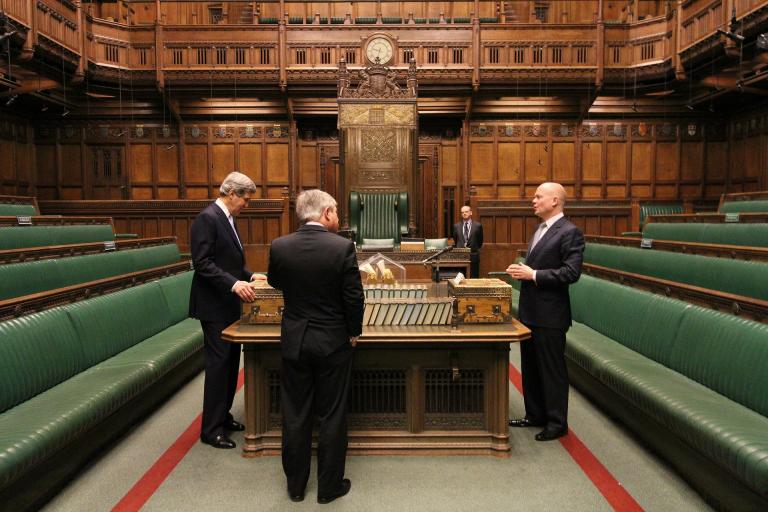
Technically, attending the prayers is not compulsory. But in practice, MPs and peers have to attend them during busy times in order to reserve their seats. No praying, no seat. So while attendance is optional, it’s clear that beginning every sitting with prayers privileges Anglicans, and disadvantages everyone else to whom Anglican prayers have no meaning. Crispin Blunt, a Conservative Party MP who is also a Humanist, said that it makes him “uncomfortable” having to take part in prayers in order to secure his place in parliament.
Parliament isn’t the only state establishment where praying takes place as an official order of business. Local council meetings may also start with prayers, which again can create an unwelcoming environment for some councillors. Then there are the bizarre judges’ services; Anglican services that take place for judges every year to pray for guidance. Finally, every state school in the UK, regardless of whether it has a religious ethos or not, must have a daily session of “broadly Christian” collective worship. Prescribing Anglican worship in the centre of our democracy has the knock-on effect of institutionalising prayer in many other state establishments.
Parliamentary prayers are an inappropriate use of our MPs’ and peers’ time and are incompatible with the right to freedom of religion and conscience. They reinforce the unfair privilege afforded to the Church of England, and make our parliament less welcoming and inclusive to people of all faiths and none.
That’s why a group of MPs, led by Crispin Blunt, have tabled an Early Day Motion (EDM) to end parliamentary prayers. The MPs represent a variety of parties: Conservatives, Labour, Liberal Democrats, Scottish National Party and independent MPs so far have signed the motion.
UK readers can help speak out for a more welcoming parliament for people of all faiths in none.
If you’re in the UK, you can help! Please write to your MP and ask him or her to sign EDM #1967, the Early Day Motion to end parliamentary prayers.
Stuck for time? You can send a prewritten, customisable email to your MP in a matter of minutes via the National Secular Society’s website. And please let others know about this EDM.
Let’s tell our representatives that it’s time for a 21st century parliament. It’s time to end parliamentary prayers.


